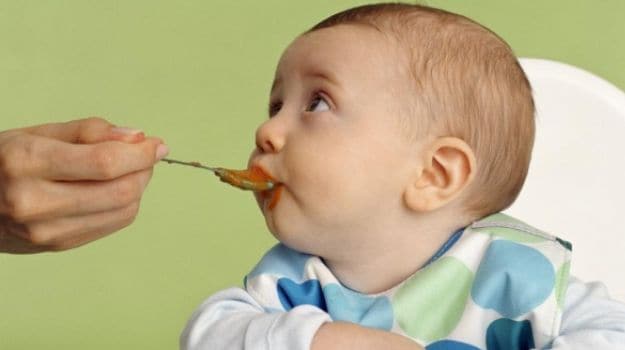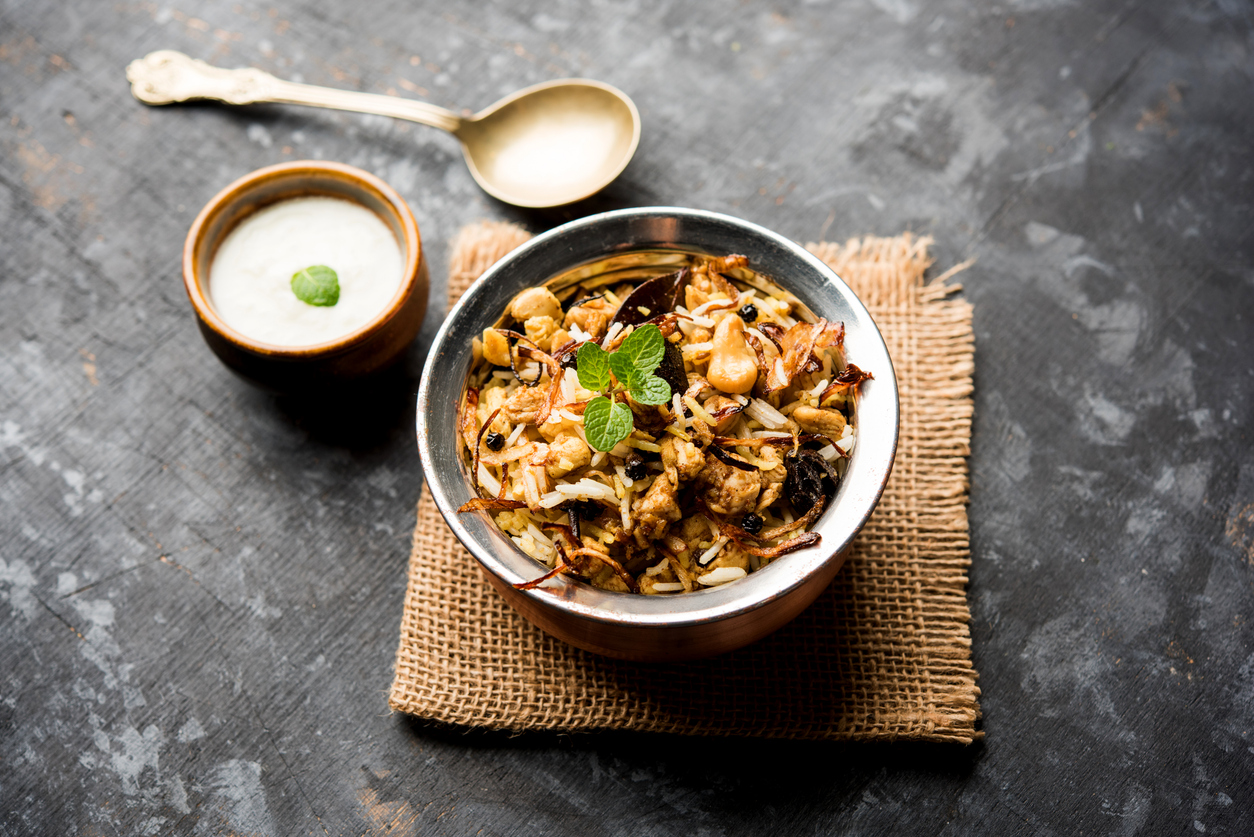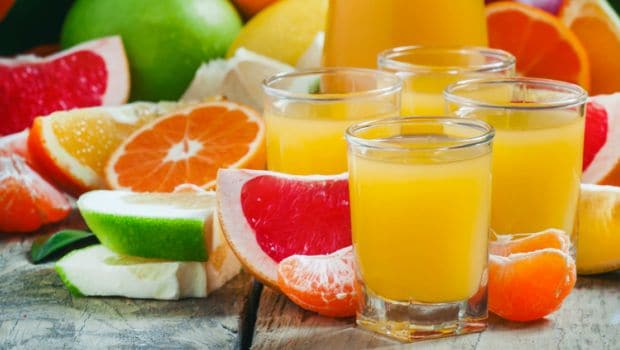The diet given to a newborn baby plays a crucial role in his or her growth. It is imperative to breast feed them, so that they attain the required nutrients from the mother. Feeding your newborn can be quite a challenging task as you need to constantly ensure that the baby gets all the essentials needed to grow. Health experts and nutritionists often recommend that breast milk is the best form of food and nutrition that you can give them during their first six months. Moreover, when you start giving your baby solids you must carefully plan their meals and introduce only certain food groups to them. According to the American Academy of Pediatrics (AAP) you can start giving your baby solids between 4 and 6 months but begin their day with breast milk. Not just this, it is equally important to know about certain food items and drinks that you should avoid giving your baby. In its latest report, the American Academy of Pediatrics has announced that no fruit juice should be given to newborn babies at least for a year. Previously, the American Academy of Pediatrics advised that to avoid feeding fruit juice to infants up to 6 months of age. Now, they have extended the earlier recommendation up to a year which means that babies should not be given fruit juice any time during their first year of birth. These suggestions have been published in the journal Pediatrics and raise concerns about replacing human milk with fruit juice in the baby's diet. Fruit juice may not be able to give adequate nutrition in terms of vitamins and minerals that babies requires.Moreover, there's always a risk of developing cavities later in life as fruit juices are high on concentrated sugar and can also affect the toddler's weight. The American Academy of Pediatrics also indicates that high juice consumption is often associated with diarrhea in kids. Another study by Mark DeBoer who is an associate professor of pediatric endocrinology at the University of Virginia School of Medicine, suggests that kids you regularly consume fruit juice by the age of 2 have a higher risk of becoming overweight by the age 4.

The new policy further states that older babies can consume fruit juice but in limited quantities and not drink it as a substitute for milk or even plain water which are healthier. This recommendation is based on the fact that whole fruit is considered to be superior than fruit juice that is just a source of sugar. They are more satisfying, fill you up easily and a much better way to get all the fiber and minerals. Therefore, it is better to give them pureed fruits after about 6 months of birth instead of fruit juice. After the first year, children between the age of 1 and 3 can have 4 ounces (about 119 ml) of juice a day and no more than 6 ounces (about 177 ml) for ages 4-6 and 8 ounces (about 237 ml) for ages 7-18.

The new policy further states that older babies can consume fruit juice but in limited quantities and not drink it as a substitute for milk or even plain water which are healthier. This recommendation is based on the fact that whole fruit is considered to be superior than fruit juice that is just a source of sugar. They are more satisfying, fill you up easily and a much better way to get all the fiber and minerals. Therefore, it is better to give them pureed fruits after about 6 months of birth instead of fruit juice. After the first year, children between the age of 1 and 3 can have 4 ounces (about 119 ml) of juice a day and no more than 6 ounces (about 177 ml) for ages 4-6 and 8 ounces (about 237 ml) for ages 7-18.
Advertisement








